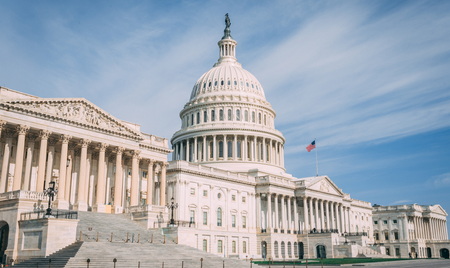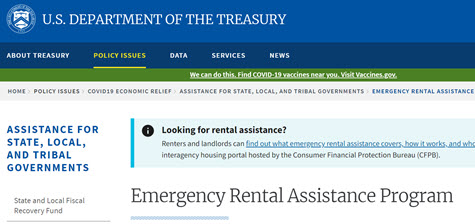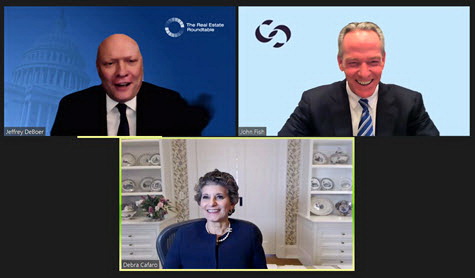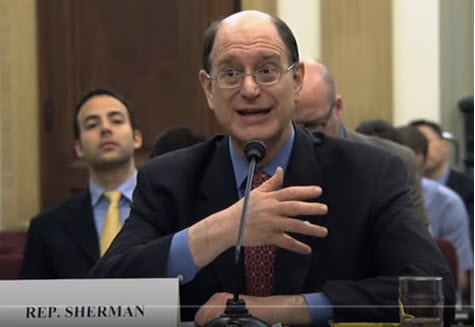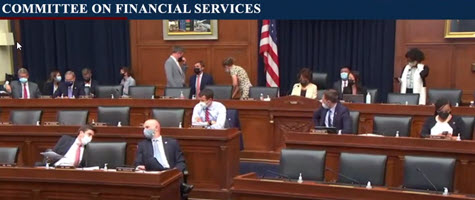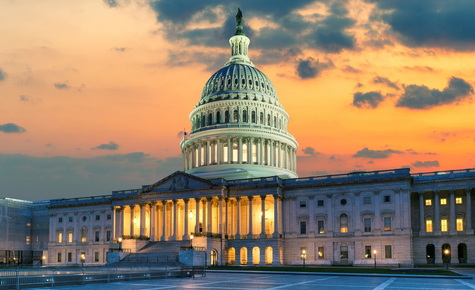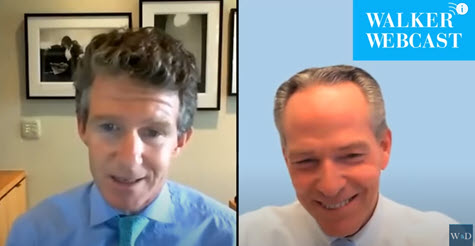
The Senate on Aug. 10 passed a historic, bipartisan $1 trillion+ infrastructure bill that would allocate $550 billion in new spending to improve the nation’s transit, utilities and broadband. The Infrastructure Investment and Jobs Act (H.R. 3684) was approved 69-30, with support from all Democrats and 19 Republican Senators, including Minority Leader Mitch McConnell (R-KY). (Wall Street Journal and New York Times, Aug. 10)
Why it Matters
- Real Estate Roundtable Chair John Fish (Chairman and CEO, Suffolk) on Aug. 11 commented, “With the Senate’s passage of this bill, we are one step closer to realizing a once-in-a-generation opportunity to rebuild and reimagine the buildings of tomorrow. We applaud both this historic investment in our nation’s infrastructure, and the members of Congress who have reached across the aisle to find common ground.”
- Real Estate Roundtable President Jeff DeBoer added, “By devoting more than a trillion dollars toward American infrastructure projects, this long-term investment in the nation’s roads, bridges, mass transit, high-speed rail, broadband, power grid, water pipes, and electric vehicle charging will prompt positive, transformational change for our communities and citizens.” (Roundtable statement, Aug 11)
- The Roundtable held an all-member Infrastructure Town Hall on Aug. 12 to discuss the Senate bill, its prospects in the House and what it means for commercial real estate. Rep. Tom Suozzi (D-NY), a member of the tax-writing House Ways and Means Committee, joined Roundtable Chair John Fish, Jeffrey DeBoer and other Roundtable staff for the Town Hall discussion. (See Tax Policy story below and The Roundtable’s Bipartisan Infrastructure Deal Fact Sheet)
- Roundtable policy specialists also briefed members of the CREW (Commercial Real Estate Women) Network on Aug. 11 about how the infrastructure legislation could potentially impact CRE.
BID Details
- The 2,700-page Senate bill evolved from bullet points to legislation after a painstaking journey of more than a month by a group of bipartisan senators who negotiated with the Biden Administration. (Politico and Senate Group Joint Statement, Aug. 10)
- President Biden remarked about the Senate bill, “Forecasters on Wall Street project that over the next 10 years our economy will expand by trillions of dollars, and [the legislation] will create an additional 2 million jobs.” (White House Remarks, Aug. 10)
- The amounts that would be invested by the “Bipartisan Infrastructure Deal” (BID) to various infrastructure categories are listed in White House summaries and The Roundtable’s BID Fact Sheet.
- The BID seeks no tax increases on families or businesses as “pay-fors.”
- The Senate bill includes Roundtable-supported measures that will utilize public-private partnerships to reach ‘physical’ infrastructure goals, streamline the federal permitting process, and improve key federal energy data used in EPA building labels.
What’s Next

- The Senate’s “physical” infrastructure package now goes to the House.
- House Speaker Nancy Pelosi (D-CA) has insisted that she will not bring up the Senate’s “physical” infrastructure bill until the Senate also passes a sprawling $3.5 trillion “human” infrastructure bill with funding for climate programs, health care, education and child care. (New York Times, Aug. 10).
Majority Leader Steny Hoyer (D-MD) announced the House will interrupt its summer recess and return to session on Aug. 23 to consider the Senate-passed budget resolution that Democrats have insisted is a precursor to votes on the bipartisan infrastructure deal. (NBC News, Aug. 10) (See “reconciliation” story below)
# # #

